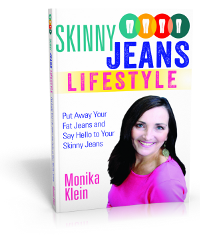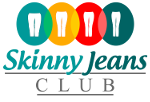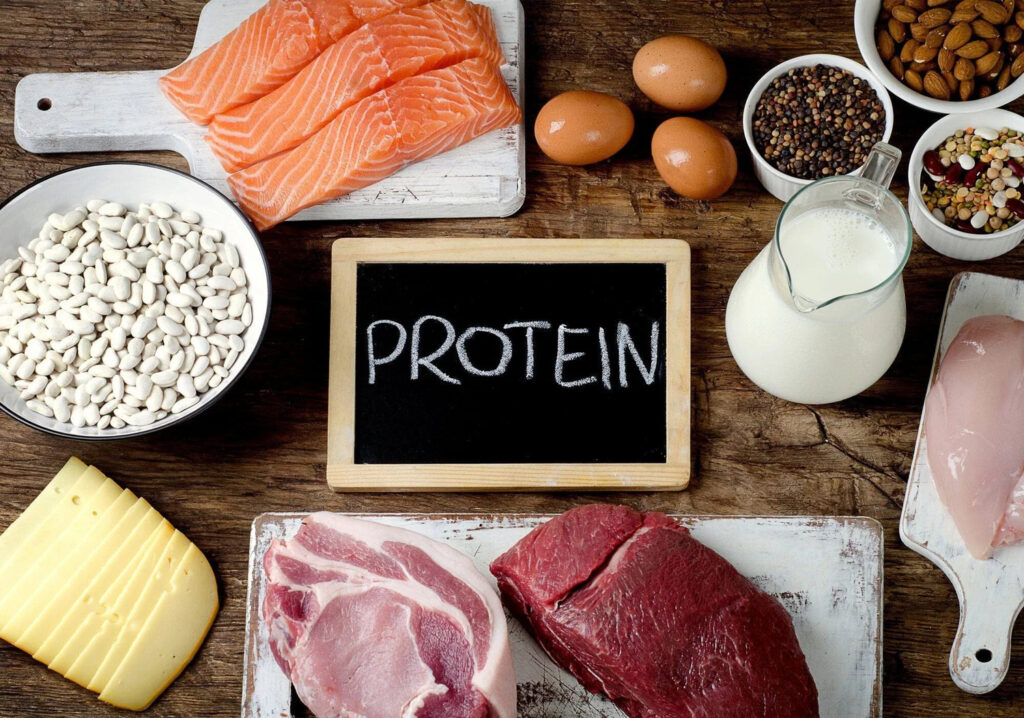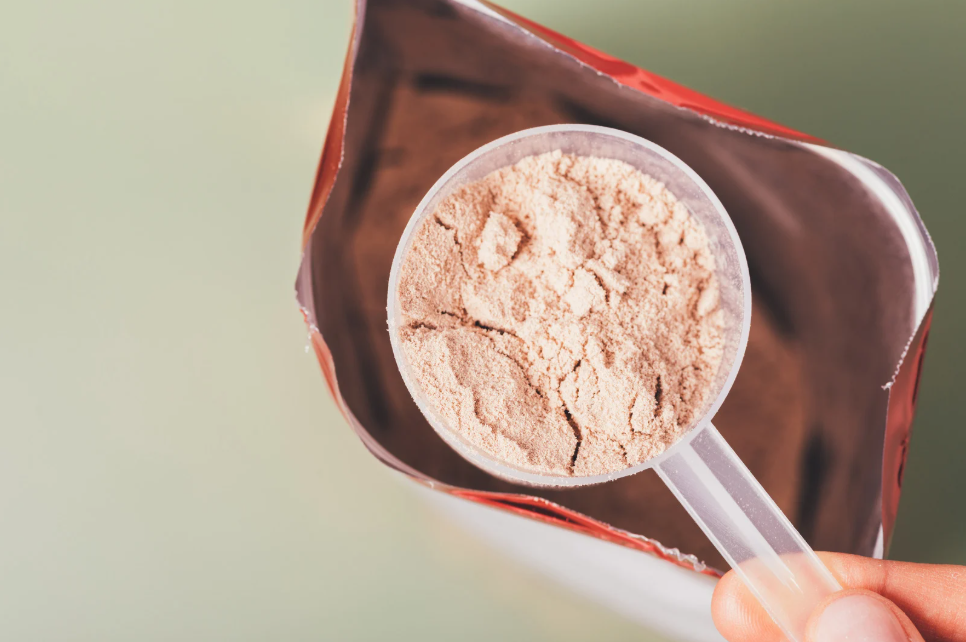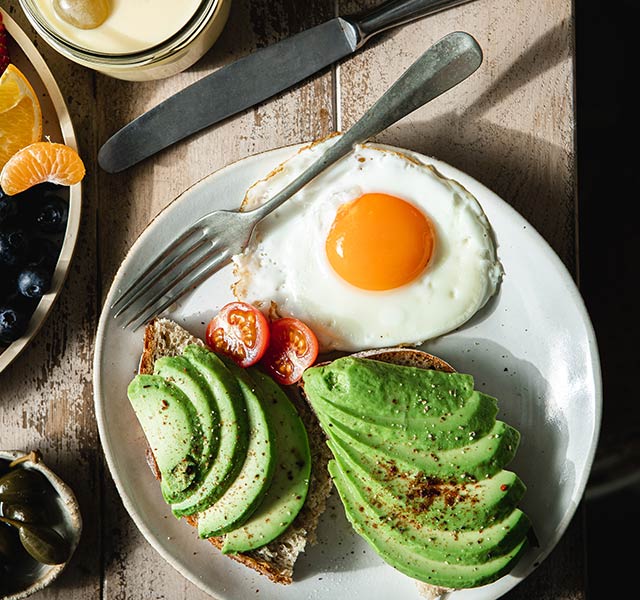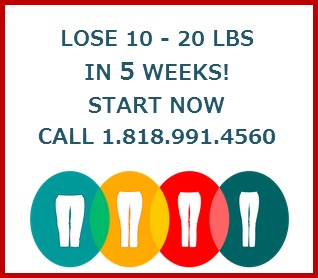There’s been a lot of noise about protein lately.
Powders. Bars. Shakes. Claims that you need massive amounts to build muscle or lose weight. And while some of these may have their place—especially for those with restricted diets—there’s a growing disconnect between what’s hyped and what your body actually needs.
So let’s clear the clutter and bring it back to your real-life body.
First: Why Protein Matters
Protein isn’t just about building muscle (though it helps with that too). It plays a critical role in:
-
Balancing blood sugar
-
Repairing tissues
-
Supporting your immune system
-
Preserving muscle mass as you age
It’s one of the three key macronutrients (along with carbohydrates and fat), and getting the right amount—not too little, not too much—is essential for sustained health and energy.
So… How Much Is Enough?
In my Skinny Jeans Weight Loss Program, I typically recommend:
-
Women: 6–8 ounces of protein per day
-
Men: 8–10 ounces per day
And no, that’s not all at once or from a blender bottle. It’s from real food—eggs, fish, chicken, dairy, legumes, nuts, and more—distributed throughout the day: breakfast, lunch, and dinner.
The key is to spread it out. Your body can only absorb and utilize so much at one time. You don’t want to overload your system any more than you want to starve it.
Supplements: When to Use Them
While I’m not anti-powder, I use supplements strategically, especially for clients who are:
-
Vegan or vegetarian
-
In perimenopause or post menopause
-
Showing low or borderline blood protein levels
In these cases, I may recommend a special supplement like Perfect Amino* or digestive enzyme support to aid absorption. Because let’s not forget—your ability to digest protein matters just as much as the amount you consume.
A Word on Excess
I’ll never forget driving into Las Vegas years ago and seeing a billboard advertising a 48-ounce steak. I was honestly stunned—and saddened.
Somehow, we’ve lost the sacred connection between nourishment and nature. Respecting food means honoring what your body needs and respecting the animals and plants that provide it. More isn’t better. It’s just more.
Functional Eating > Food Trends
When I work with clients, we focus on functional eating—nutrition that fits your life, your body, your age, your goals.
That means:
- Considering stress, sleep, digestion, and hormones
- Making food choices that feel doable and satisfying
- Tuning in, not just following food fads or influencer advice
You deserve better than hype. You deserve a customized approach—and that’s what I offer.
Bottom Line:
Protein doesn’t have to be complicated.
But the best way to know what’s right for you? Work with someone who can help you tune out the noise and tune into your body.
If this topic brought up questions—or if there’s something else, you’d like me to dive into—I’d love to hear from you.
Just hit reply and let me know. I’m always here to offer insight, guidance, and a compassionate next step.
With warmth and wellness,

